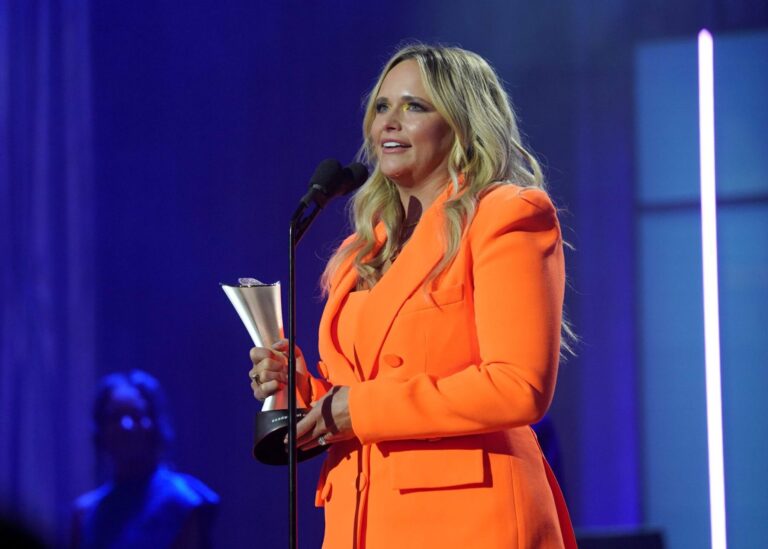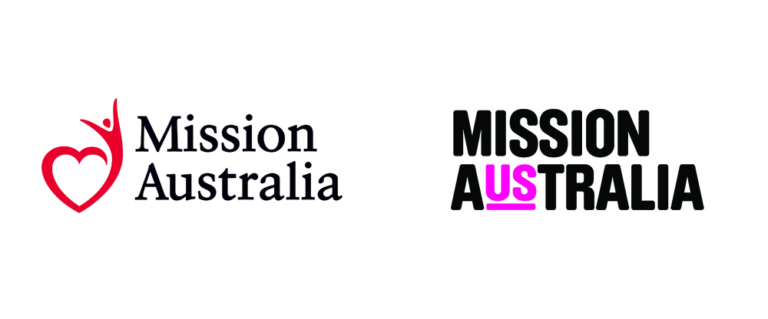Exports lucrative, yet risky
CALF exporting can be risky but profitable and Noel Gregg is benefiting from the market.
The Poowong North farmer is making the most of his 96 acres, exporting more than 300 calves to China in the last year.
After giving up milking when he reached the age of retirement around six years ago, Noel wanted to keep the farm active.
“I have been a dairy farmer all my life, and this is the farm I have spent all of my life on,” he said.
“I just want to constructively use and work the farm.”
Moving into the export market was a gradual move for Noel.
“It was a progression from what a lot of dairy farmers do now; raise a few more calves and then that’s their extra pocket money and income,” he said.
“Then I gave up milking and thought well, what’s the most profitable but one constructive way I can manage my farm, and it’s worked very well.”
Noel buys his calves direct from local farmers, allowing him to pick up those suitable for exporting.
Around two years ago, new equipment was required to keep the farm productive.
“I realised that I would need to get some better equipment if I was going to continue to do this so I bought an Urban Automatic Calf Feeder,” Noel said.
“This year I have been able to do more calves than I have ever done before.”
The feeder automatically provides calves with a mixture of milk powders and makes sure that each calf gets a certain amount of food each day.
The system is vital to the upbringing of Noel’s calves.
Exporting to China requires each calf to have paperwork and breeding history, as well as some more quirky requirements.
“The Chinese have particular requirements, down to their colour markings,” Noel said.
“For example there needs to be white on their forehead and they need to have white on the bottom of each leg; you can’t have any black going down on to the foot.”
Even though the process has been beneficial for him, Noel is not one to recommend it to other farmers.
“It’s something that can be fraught with danger,” he said.
“It’s very difficult to build up to the point when you’re able to access the right types of calves, particularly with the right information.
“The process that I’ve got involves the acquisition of the calves and the proper raising of the calves without losses, because you can’t afford that.”
Noel said he has seen people try to run this kind of farm and fail.
“A lot of people that try it have losses,” he said.
“When it comes to marketing you need to build up a strong relationship with the exporting company.
“The whole process is not a simple one; a lot of people have gone out backwards.
“But there is the opportunity for someone who has the knowledge and the capacity to set it up properly, and if it’s done properly it can be very lucrative.
“Just because it has been lucrative doesn’t mean it will remain that way though.”
Short URL: /?p=5692







